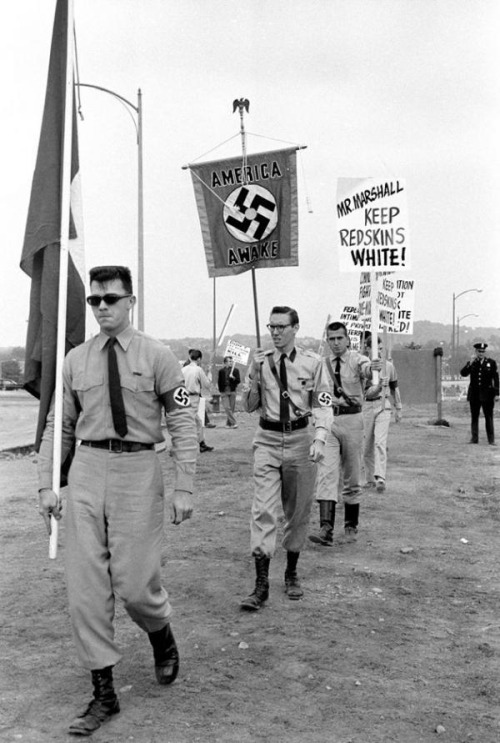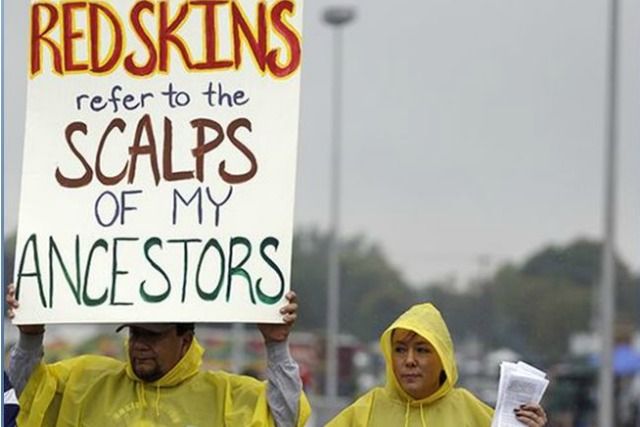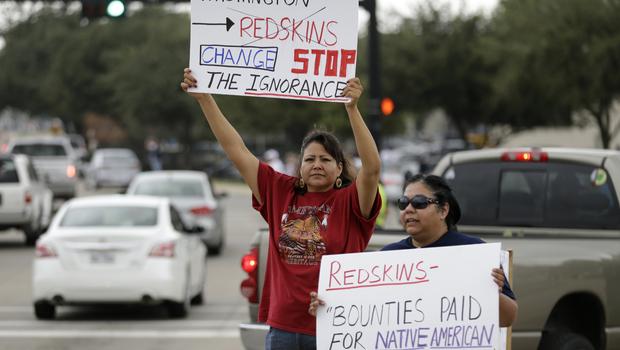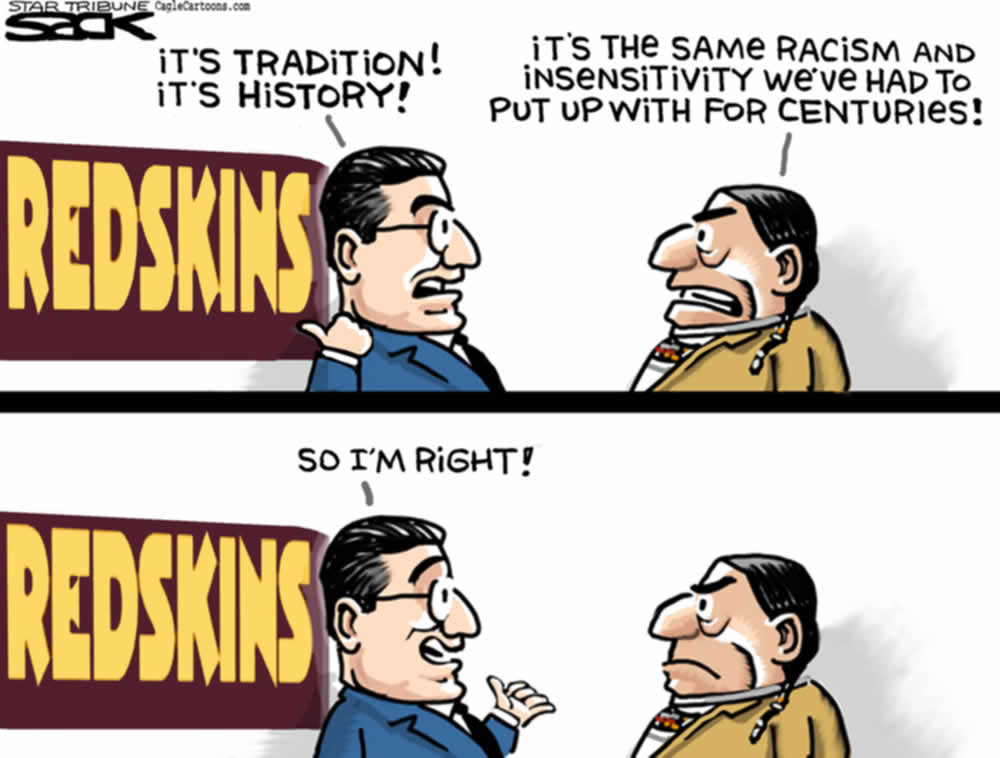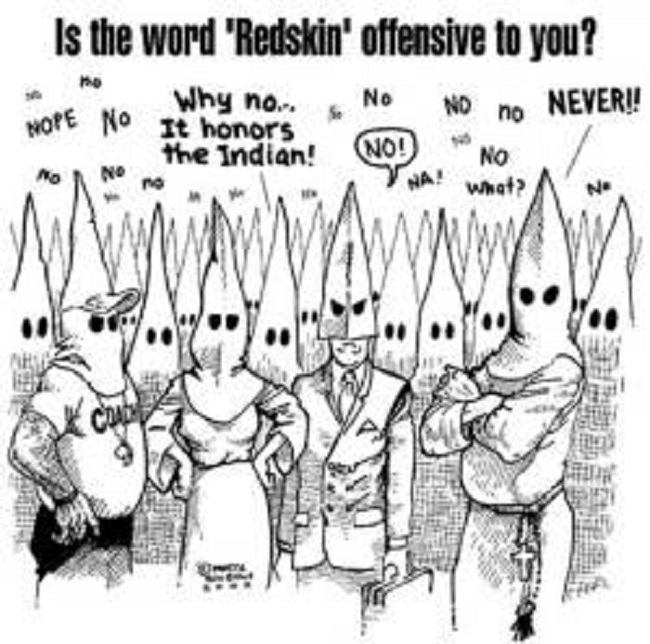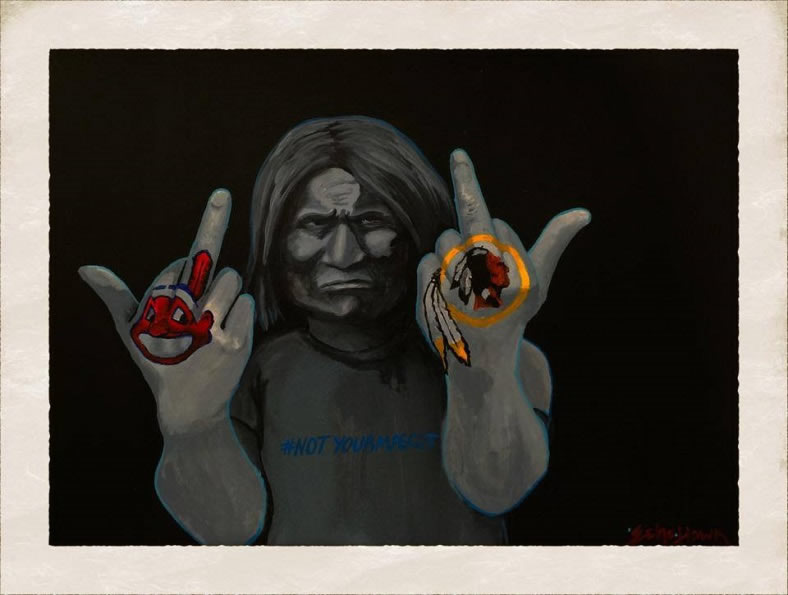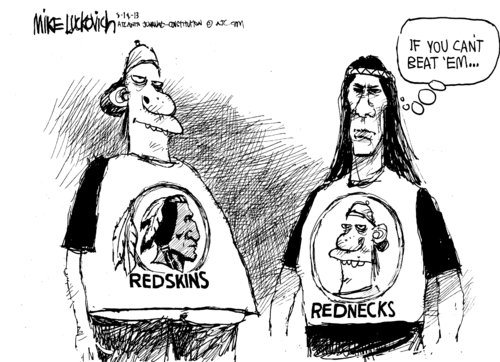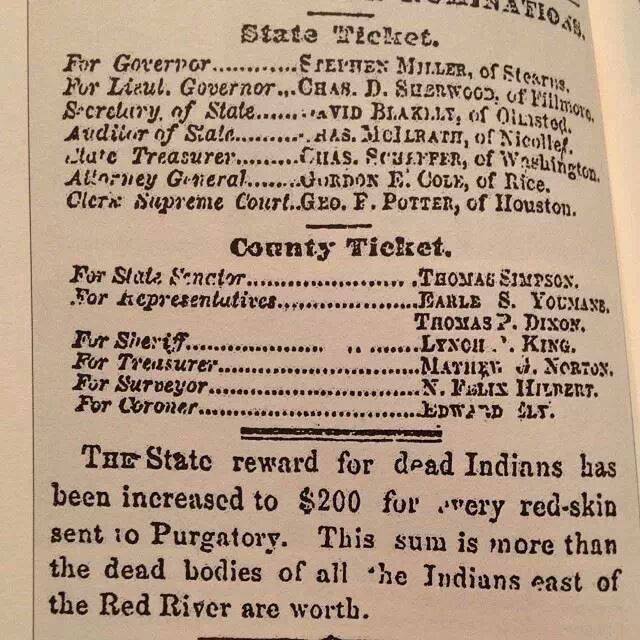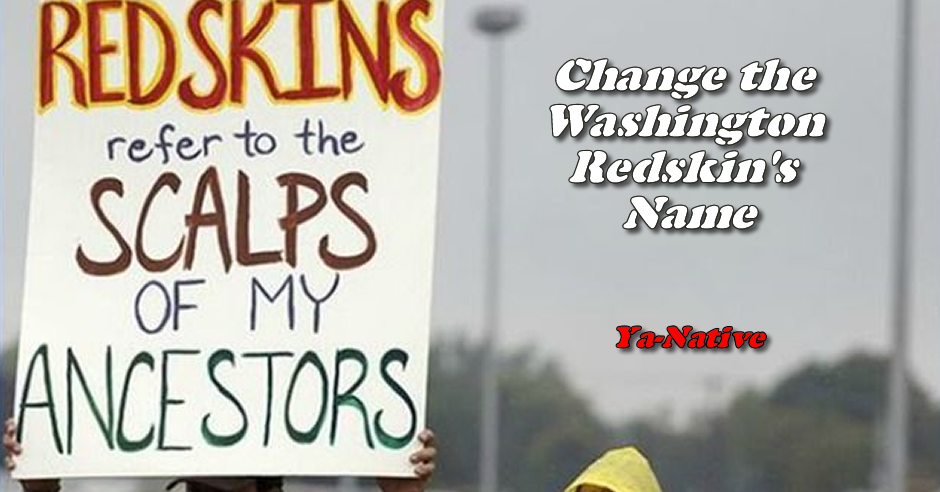
For decades, the Washington Redskins football team has faced criticism and controversy over their team name, which many Native American groups consider to be a racial slur. After years of pressure from fans, activists, and corporate sponsors, team owner Dan Snyder announced in July 2020 that the team would be retiring the Redskins name and logo. In this article, we'll explore the history of the Redskins name controversy, the factors that led to the decision to change the team name, and the impact of the name change on the team and its fans. We'll also examine the larger debate around sports team names and mascots, and what lessons can be learned from the Washington Redskins' experience.
Background on the Washington Redskins name controversy
The origins of the Redskins name
The Washington Redskins football team was established in 1932, when the team was based in Boston. The name "Redskins" was chosen to honor the team's Native American coach, William "Lone Star" Dietz.
The history of controversy surrounding the name
While the Washington Redskins have been using their name for nearly a century, the name has also been the source of controversy and criticism. Many Native American groups consider the name to be racist, offensive, and a derogatory term for Native Americans. There have been ongoing protests and calls to change the team's name for decades. However, the team's owner, Dan Snyder, had been firmly against changing the name - until now.
The pressure to change the team name
Criticism from Native American groups
Native American groups have long criticized the Washington Redskins for their use of a racial slur as their team name. Several Native American organizations and leaders have spoken out against the name, arguing that it is disrespectful and perpetuates negative stereotypes about Native Americans.
The role of corporate sponsors
The Washington Redskins' decision to change their name also came amid mounting pressure from corporate sponsors. In recent years, several major sponsors of the team, including Nike, FedEx, and PepsiCo, publicly called for the team to change their name. The sponsors argued that the name was offensive and inappropriate, and threatened to withdraw their sponsorships if the team did not change their name.
Legal challenges to the team name
The controversy around the Washington Redskins name has also resulted in several legal challenges over the years. In 1992, a group of Native American activists filed a lawsuit against the team, arguing that the name was disparaging and violated anti-discrimination laws. While the lawsuit was initially successful, it was later overturned on appeal. However, the legal challenges continued, and in the years since, several more lawsuits have been filed against the team over their name.
The decision to remove "Redskins" from the team name
Owner Dan Snyder's previous stance on the name
For years, Dan Snyder, the owner of the Washington Redskins, had been firmly opposed to changing the team's name. He argued that the name was meant to honor Native Americans and that changing it would be disrespectful to the team's history and tradition. However, in the wake of mounting pressure from sponsors and fans, Snyder announced that the team would be changing their name.
The team's review process
The Washington Redskins conducted a review of their team name and logo in the summer of 2020, following the renewed criticism and protests. The review included input from Native American leaders, fans, and stakeholders. After the review, the team announced that they would be dropping the "Redskins" name and logo.
Choosing a new team name and logo
The Washington Redskins have not yet announced their new team name and logo. However, they have said that they will be selecting a name and logo that is respectful to Native Americans and represents the spirit of the team.
Public reactions to the name change
Reactions from Native American groups
Native American groups have largely welcomed the decision to change the Washington Redskins name. Many have said that it is a long overdue move and a step towards greater respect and understanding of Native American culture and history.
Reactions from fans and the public
The decision to change the Washington Redskins name has been met with mixed reactions from fans and the public. While many have applauded the move as a necessary step towards greater inclusivity and respect, others have criticized the decision, arguing that it is an example of "cancel culture" and that the team's history and tradition have been erased.
The impact on team merchandise sales
The change in the Washington Redskins name and logo has also affected the team's merchandise sales. The team's old merchandise, featuring the now-defunct "Redskins" name and logo, has become a collector's item, with prices skyrocketing on resale sites. Meanwhile, the team's new merchandise, featuring the interim name of "Washington Football Team," has seen a surge in sales as fans rush to support the team's new identity.
The future of sports team names and mascots
The recent removal of the name "Redskins" from the Washington Redskins football association, due to its derogatory and offensive nature towards Native Americans, has opened up a larger conversation about the use of sports team names and mascots. Many other sports teams have come under scrutiny for their potentially problematic names and mascots, including the Cleveland Indians and the Chicago Blackhawks. As society becomes more aware of the impact of language and representation on marginalized communities, it is likely that more team names will come under review in the future.
Other sports team names and mascots under scrutiny
The Cleveland Indians baseball team has faced criticism for their use of the Chief Wahoo mascot, which portrays a caricatured Native American with exaggerated features. The Chicago Blackhawks hockey team has also been questioned for their use of Native American iconography, although the team maintains that it is meant to honor Black Hawk, a prominent Native American leader. Other teams, such as the Atlanta Braves and the Kansas City Chiefs, have also had their names and mascots called into question.
Arguments for and against changing team names and mascots
Some argue that changing a team name or mascot erases history and tradition, and that the names are meant to honor the communities they represent. However, others point out that these names and mascots often perpetuate harmful stereotypes and diminish the dignity and humanity of marginalized groups. Ultimately, the decision to change a team name or mascot should take into account the perspectives and opinions of the affected communities, as well as the historical and cultural context of the name.
The impact of the name change on the Washington Redskins brand
The removal of the "Redskins" name was a significant decision for the Washington football team, both in terms of branding and fanbase loyalty. Many fans were deeply attached to the old name and resisted the change, while others welcomed the new name as a step towards greater inclusivity and cultural sensitivity.
Rebranding and marketing strategies
The Washington football team has since rebranded as the Washington Football Team, using a temporary name while they determine a permanent replacement. Their marketing strategy has focused on highlighting the team's history and legacy, while also emphasizing a new commitment to diversity and inclusion.
The impact on team fanbase and loyalty
Changing a team name can have a significant impact on fanbase and loyalty. Some fans may feel a sense of loss or betrayal at the removal of a familiar name, while others may be excited by the opportunity for change and progress. Ultimately, the success of the name change will depend on how the team continues to engage with their fans and create a sense of community around the new brand.
Lessons learned from the Washington Redskins name change
The removal of the "Redskins" name provides an important lesson in the importance of cultural sensitivity and inclusivity in sports team naming.
The importance of cultural sensitivity and inclusivity
Using names and mascots that are offensive or derogatory can have a harmful impact on marginalized communities, and it is important for sports teams to be aware of the potential consequences of their branding decisions. Listening to and understanding the perspectives of affected communities is vital in creating an inclusive and respectful team culture.
The role of stakeholders in making team name decisions
Teams should also involve multiple stakeholders in the decision-making process, including community members, fans, and branding experts. By working collaboratively to develop a name and mascot that is both respectful and engaging, teams can create a brand that reflects their values and identity, while also promoting inclusivity and diversity.The decision to remove "Redskins" from the team name marks a significant moment in the ongoing debate over sports team names and mascots. While it remains to be seen what impact this change will have on the team's brand and fanbase, it serves as a reminder of the importance of cultural sensitivity and inclusivity in sports and beyond. As other teams face similar controversies, the lessons learned from the Washington Redskins' name change will continue to be relevant and valuable.
FAQ
Why was the Redskins name considered controversial?
The name "Redskins" has been criticized for decades by Native American groups who view it as a racial slur. Many argue that it is offensive and perpetuates negative stereotypes of Native Americans.
What was the process for choosing a new team name?
After announcing the decision to retire the Redskins name, the team began a review process to choose a new name and logo. The process involved input from team executives, fans, and Native American groups, and resulted in the selection of the Washington Football Team as an interim name for the 2020 season.
What impact did the name change have on the team's merchandise sales?
In the weeks following the name change announcement, the team reported a significant increase in merchandise sales, with some items selling out within hours. While it remains to be seen what impact the name change will have on long-term merchandise sales, the initial response suggests that fans are still eager to show their support for the team.
What other sports teams have faced controversy over their names and mascots?
Several other sports teams, particularly those with names and mascots referencing Native American culture, have faced criticism and calls for name changes in recent years. These include the Cleveland Indians, Atlanta Braves, and Chicago Blackhawks, among others.
_________________________________
Photo Recalls Racism of NFL Team’s First Owner
A photograph that was reincarnated by Mother Jones magazine, snapped by Sports Illustrated photographer Neil Leifer back in 1961, shows that Washington’s NFL team was a favorite among American Nazis.
